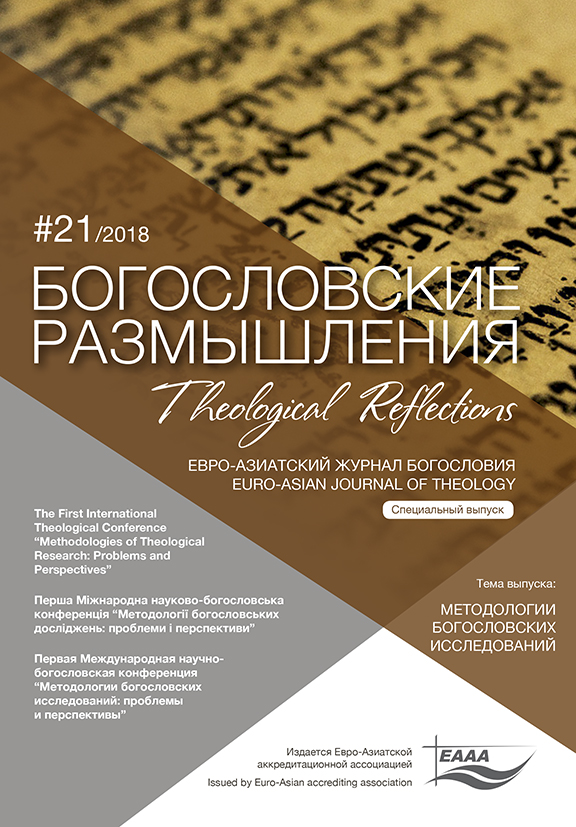Motivation to learn English in theological education. A Study of Student Motivation for Learning English at a Theological Seminary in Ukraine
DOI:
https://doi.org/10.29357/2521-179X.2018.21.20Keywords:
Theological English, Motivation, EFL, Theological Education, SeminaryAbstract
This study was designed to determine what factors motivate students to learn English at an evangelical seminary in Ukraine. After the fall of communism, English was mainly taught at newly formed evangelical seminaries in Ukraine to enable students to access theological resources in English that were not available in Russian or Ukrainian. A mixed-method approach involving a written attitudinal questionnaire and follow-up focus group interviews was employed to collect data. Participants in this study were second-year music ministry and first- to third-year theology students enrolled in English courses. The results of this study revealed that twenty-five years later seminary students are primarily motivated to learn English by the desire to communicate with foreigners, travel abroad and find employment.
References
- Dörnyei, Z. “The L2 motivational self system,” In Motivation, Language Identity and the L2 Self, edited by Z. Dörnyei & E. Ushioda, 9-42. Clevedon: Multilingual Matters, 2009.
- Dörnyei, Z. Questionnaires in second language research: Construction, administration, and processing. Mahwah, N.J: Lawrence Erlbaum Associates, 2010.
- Dörnyei, Z., K. Csizer, & N. Nemeth. Motivation, Language Attitudes and Globalisation: A Hungarian Perspective. Clevedon: Multilingual Matters, 2006.
- Gardner, R. C. The role of attitudes and motivation. Social Psychology and Language Learning. London: Edward Arnold, 1985.
- Mackey A. & S. Gass. Second Language Research: Methodology and Design. New York: Routledge, 2005.
- Molavi, A. & R. Biria. “EFL learning among motivated and demotivated Iranian seminary students.” Latin American Journal of Content & Language Integrated Learning 6, no. 1, (2013): 55-66.
- Pierson, C. L. Contribution of Adult Christian and English-Language Education to a Society in the Process of Transformation: A Case Study of the Emmanuel Bible Institute, Oradea, Romania, Available from Linguistics and Language Behavior Abstracts (LLBA). (85522409; 200100175).
- Ryan, G. “An English program in a post-communist context.” In English Language Teaching in Theological Contexts, edited by K. B. Purgason, 53-55. Pasedena: William Carey Library, 2010.
- Thorpe, L. “Preparing Students to Read Theology in English: Adapting a Standard Curriculum to an Intensive Modular Format.” In English Language Teaching in Theological Contexts, edited by K. B. Purgason, 57-66. Pasedena: William Carey Library, 2010.
Downloads
How to Cite
Issue
Section
License
Copyright (c) 2020 Joshua TOKAR

This work is licensed under a Creative Commons Attribution-NonCommercial 4.0 International License.
All articles published in the Journal are distributed under a Creative Commons Attribution-NonCommercial 4.0 International License
By submitting an article for publication in Theological Reflections: Eastern European Journal of Theology the author grants the editors the right to publish the article and distribute it in electronic and print form.
The author reserves all copyrights and the right to use the materials of the article in whole or in part for educational purposes, to write his own dissertations, to prepare abstracts, conference reports, oral presentations, etc., as well as post electronic copies of articles (including the final electronic version downloaded from the journal’s official website) on non-commercial web-resources without the consent of the editorial board and founders.



